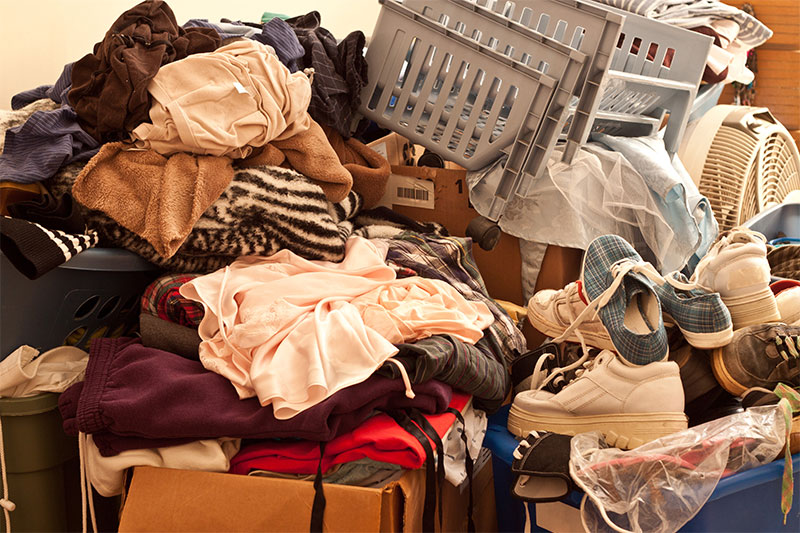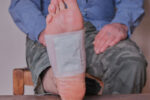
It is easy to judge someone who is known to collect items that are meaningless that only take up space. You can easily judge someone who collects old newspapers that have no real sentimental meaning, or someone who keeps old garbage in their homes, and someone who has piles of clutter that they have no intention of removing at any cost. You may wonder what they are thinking that causes them to collect meaningless items and to allow clutter to take up their spaces. However, the fact of the matter is those who are hoarding items are not doing it on purpose. They are dealing with a mental illness known as hoarding disorder.
What Is The Root Cause Of Hoarding?
People who have mental illnesses are predisposed genetically, and life situations can cause these disorders to manifest. Sometimes those who have mental illnesses may not have any trauma and it manifests anyway. However, when it comes to hoarding, there usually is a genetic predisposition to that, and trauma and life’s stressors can cause that to manifest as well. Hoarding can result from having a difficult time coping with the loss of a loved one, or any type of stressful issue that you cannot cope with as well. It can also coincide with other mental illnesses such as anxiety, depression, OCD, and ADHD.
Additionally, if you lose a precious item to a fire or lose it somewhere that you cannot retrieve it like a ring down the sewer, that can be the trigger for hoarding if you are genetically predisposed to it. If you are not and that happens, then it is unlikely that you would develop hoarding. However, that does not mean it won’t happen either. That is why hoarding can happen to anyone. If you look at the signs of early hoarding, and you recognize those signs are that, you can get them the help they need for it.
What Are The Early Signs Of Hoarding?
The thing to remember when it comes to hoarding, the severity of the condition may range from mild to severe. Mild hoarding is keeping clutter around your home but you still have plenty of space. However, severe hoarding is when you have no space in your home because items that you do not need fill it. Therefore, the early signs of hoarding include:
- Struggling to toss away items that have no sentimental meaning
- Constantly acquiring items that take up space
- No desire to clear the clutter
- Struggle with organization and planning
- Avoiding many things
- Struggling to make decisions
- Having a perfectionist way of thinking
Fighting with those who tell you to remove the clutter in their homes
Therefore, many people have problems with hoarding and the majority of cases are mild. That means those who have mild cases of hoarding may have plenty of clutter in their homes on their desks, tables, dressers, and in the corners of their rooms but there is open space otherwise. The items that they accumulate are objects and paper and don’t cause any sanitary concerns.
However, those who have severe hoarding will accumulate items that will fill up their spaces which means there is no room to maneuver. That also means they may accumulate food which can lead to sanitary concerns. In very severe cases, there are people who hoard animals which means they cannot care for these animals properly which leads to poor health.
However, the good news is there is help for hoarding and the one suffering must get the help they need. It takes one call to the doctor to address it. Therapy and medication can help with the condition and it takes some ongoing work to help treat the condition properly. That means if you see early signs of hoarding in a loved one, or if you are noticing it about yourself, there is help.



